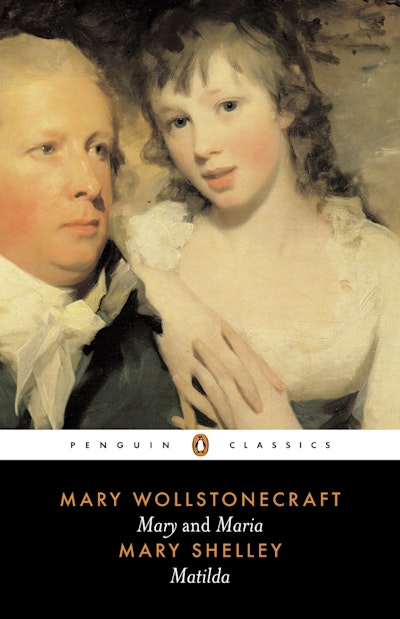- Published: 3 October 2011
- ISBN: 9780141970943
- Imprint: Penguin eBooks
- Format: EBook
- Pages: 368
Phaedra and Other Plays
Vivid new translations by R. Scott Smith of six of Seneca's exuberant and macabre plays
Living in Rome under Caligula and later a tutor to Nero, Seneca witnessed the extremes of human behaviour. His shocking and bloodthirsty plays not only reflect a brutal period of history but also show how guilt, sorrow, anger and desire lead individuals to violence. The hero of Hercules Insane saves his own family from slaughter, only to commit further atrocities when he goes mad. The horrifying death of Astyanax is recounted in Trojan Women, and Phaedra deals with forbidden love. In Oedipus a nervous man discovers himself, while Thyestes recounts the bitter family struggle for a crown. Of uncertain authorship, Octavia dramatizes Nero's divorce from his wife and her deportation. The only Latin tragedies to have survived complete, these plays are masterpieces of vibrant, muscular language and psychological insight.
- Published: 3 October 2011
- ISBN: 9780141970943
- Imprint: Penguin eBooks
- Format: EBook
- Pages: 368




























































































































































































































































































































































































































































































































































































































































































































































































































